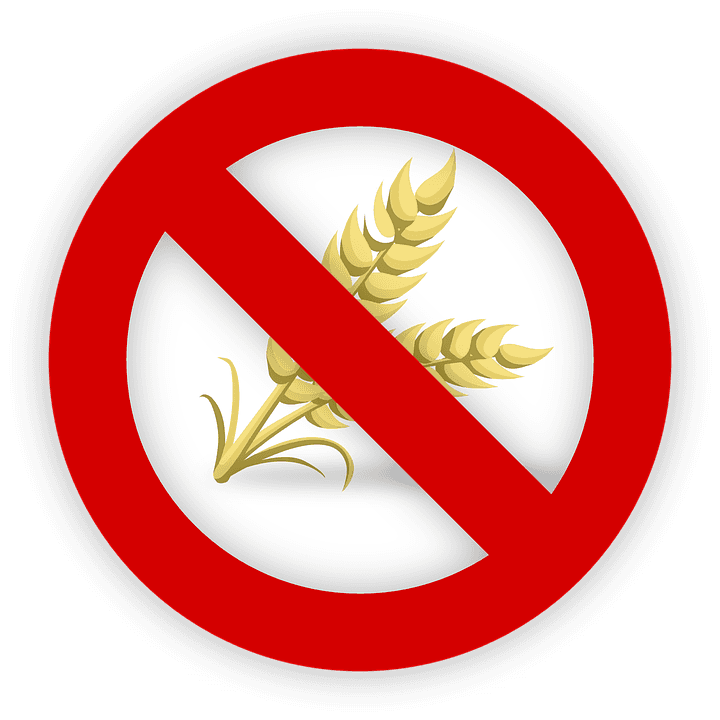
When a Gluten Free Diet is a Matter of Sickness or Health
By Andrea Langston
(Originally written for and published in Buffalo Healthy Living Magazine, September 2016)
Before gluten free was a trend, it was an indispensable part of life for those diagnosed with celiac disease (CD). Although many people follow a gluten free (GF) diet today, and this diet can benefit many ailments, those with CD have to deal with a greater level of concern than many may realize. For a celiac, GF is not a choice, but a necessity.
Celiac disease can manifest as a wide array of symptoms, yet some diagnosed have no symptoms at all. For those who do experience effects from gluten exposure, accidently eating it can end with diarrhea, migraines, fatigue, brain fog, and more, which can last for days and even weeks for some. Even more important, yet harder to grasp, are the long term effects of ingesting gluten, whether symptoms are experienced or not.
CD is an autoimmune disease which causes the body to attack itself and damage the small intestine. This damage may be reversible, however, every miniscule amount of gluten exposure is harmful, and if exposure happens regularly, regardless of amount, additional health risks are a concern. Those with celiac disease have an increased risk of developing other autoimmune diseases, gastrointestinal problems, and even cancer.
By following a strict GF diet, a celiac can help prevent complications; unfortunately it’s not as simple to avoid gluten as many might think. There are many GF products on the grocery store shelves, and restaurants offering GF options, but current guidelines allow GF items to contain very small amounts of gluten that can cause symptoms in some people, and can add up to amounts that contribute to intestinal damage. Plus, food preparation may allow cross contamination with gluten – even in the home if gluten is present. From a shared toaster, to croutons that were accidentally placed on a salad and picked off (but hard-to-see crumbs remain), to food being cooked on the same grill without being cleaned in between, even small amounts of gluten can cause symptoms and open the door to long-term damage. The vigilance needed to maintain the diet is difficult, and can lead to big changes in a person’s life, but it is not impossible with proper support and knowledge.
To learn more about CD, gluten intolerance, or the GF diet, connect with the Western New York Gluten Free Diet Support Group (WNYGFDSG). The group meets bimonthly with interesting speakers, GF treats, and support from others. First-time attendees receive a goodie bag of GF food products provided by Wegmans to help them get started. They’re also on Facebook and at www.buffaloglutenfree.org.
The next meeting is Saturday, September 10 at 10:00am at Mount Mercy Academy, 66 Red Jacket Pkwy, South Buffalo.
About the Author: Andrea Langston, MS is a nutritionist, celiac, and board member of the WNYGFDSG. She will be speaking at the September meeting about Gluten Free Life: Navigating Hidden Gluten and Cross Contamination.







